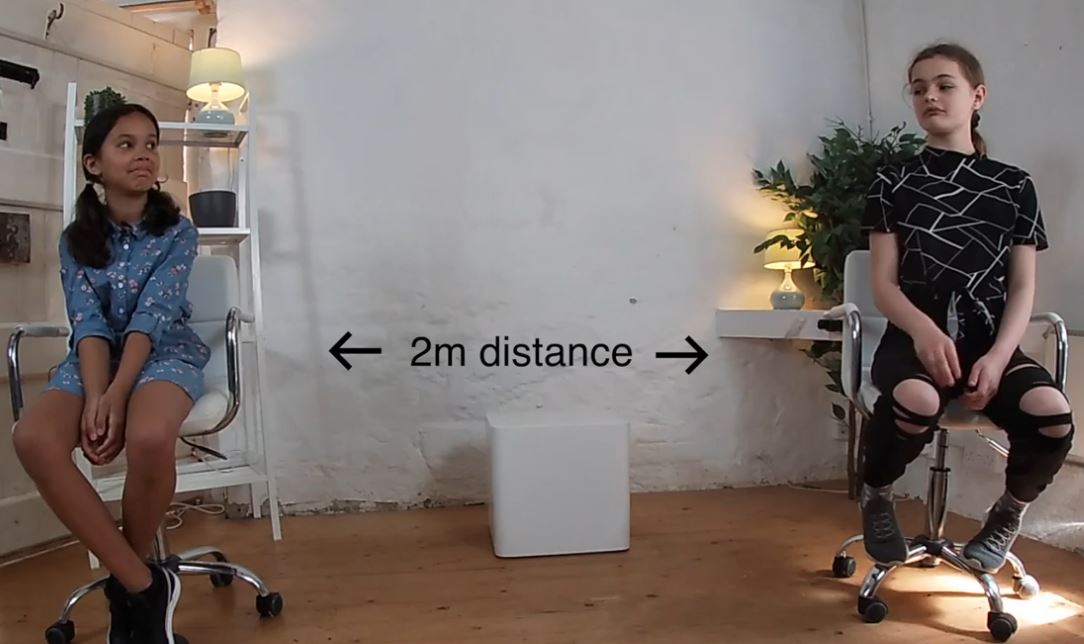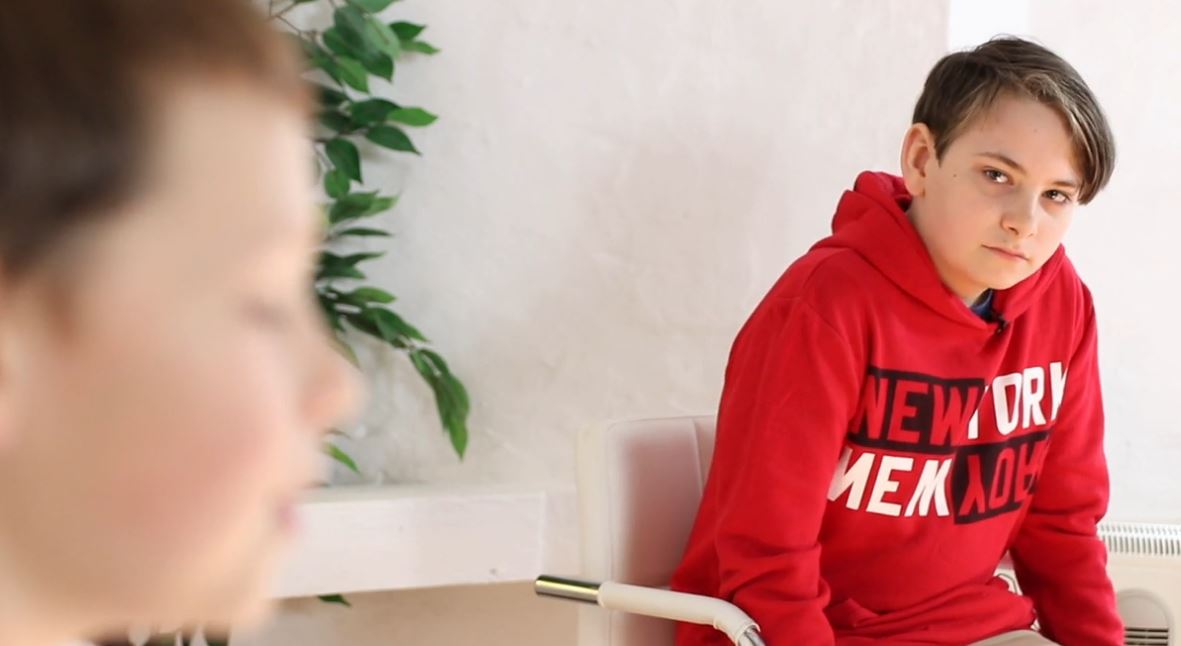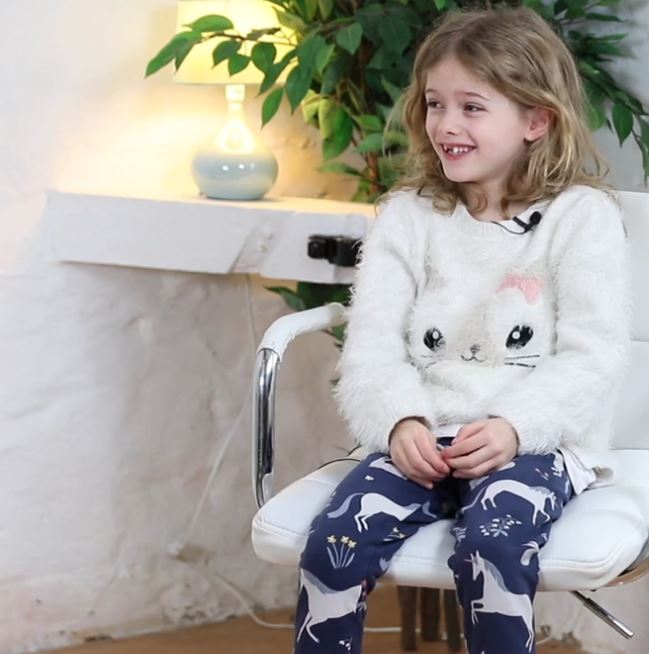Lockdown loneliness and the big return to school
Heading back to school in September will be a challenging time for many families with young children. Our survey of primary school aged children across the UK reveals that a third of children are nervous about returning to school and one in ten go so far as to say they are scared.
Understandably, many children have concerns over social distancing, keeping a safe distance from friends when they return to school and the new rules that will be in place. This September, there’s a lot more for little ones to think about.
With this in mind, we’ve teamed up with Dr Julie Smith, Clinical Psychologist and expert in mental health with 1 million social media followers across Tik Tok and Instagram, to help ease the transition for both children and parents.

Dr Julie Smith advises:
When children return to school in September, many of them will not have stepped foot in school for five months. Whether they are returning to a new class or even a new school, they will all be returning to a new normal.
Start-Rite’s findings illustrate the significant psychological effect the pandemic is having on children and the large number of children who will be feeling anxious as school approaches. As parents, there are things we can do to support them.
While some children are able to express their worries and fears, others are not. A child who is feeling anxious may also present as unusually irritable or angry. They may have trouble sleeping. When faced with something that triggers the anxiety, they may complain of a stomach ache or feeling sick. They may be more tearful than normal, but not be sure why.

If you think your child may be anxious about the return to school, here are a few tips on how to support them.
1. Make time.
Set aside just ten minutes each day to talk with your child one to one and listen to anything your child may want to share. Ask open questions, such as “What do you think about…” and “how do you feel about…” Make sure this is a quiet time when your child knows they have your undivided attention. Even if your child does not talk about their worries, give them this special time with you to talk about anything they choose.
2. Validate their feelings.
If your child does express worries and anxiety about school, validate that by letting them know that you are listening and not attempting to correct or dismiss how they feel. This communicates to the child that this is a safe space to talk and express themselves and that their feelings matter to you.
3. Normalise.
Reflect that many children will be feeling this way and that it is understandable and normal. Big changes can trigger big feelings. That is ok.
4. The feeling is temporary.
New things often feel scary at first. Let your child know that the anxious feeling does calm over time, once they get back into a routine.
5. Help them find a focus.
If your child is anxious on that first day, guide them to focus on what they need to do. For example, say hi to your friends, hang up your bag, find a seat.
6. Reassurance.
A number of children may start to worry about contamination. As parents, we can reassure them that their only job is to follow the guidelines that the teacher sets out. It is the job of the grown ups to concern themselves with the virus. The children only need to focus on following the rules and having fun being kids.
7. Be prepared.
The first day back can provoke anxiety for many children. That is normal, but something we can do as parents to ease that process is prepare. School mornings can be rushed and stressful for parents and children. For a child who is worried about school this can increase their distress. Allow some extra time in the morning to help reduce everyone’s stress levels.

There is some positive news for the school year ahead:
Almost half (47 per cent) of the children asked, are excited about going back to school in September. We hope the advice brought to you by Dr Julie Smith will help you to build on this excitement and enjoy the start of a new school year. A note of caution though over half of children age 6-11 years are least looking forward to getting up early - so making sure the alarm clock is set is a good idea!
For more advice about heading back to school visit our school hub.

About Dr. Julie Smith:
Dr Julie Smith is a Clinical Psychologist, online educator, blogger, and owner of a private practice in Hampshire, England.
Smith is chartered by the British Psychological Society (BPS) and registered with the Health Care Professions Council (HCPC). She is also a member of the British Association for Behavioural and Cognitive Psychotherapy (BABCP).
For more information: https://doctorjuliesmith.com/.
The research was conducted by OnePoll between 6th - 7th July 2020 with children across the UK ages 6-11 years and who have been out of school due to the Coronavirus. OnePoll is a member of ESOMAR - the global voice of the data, research and insights community - and employ embers of the Market Research Society.
